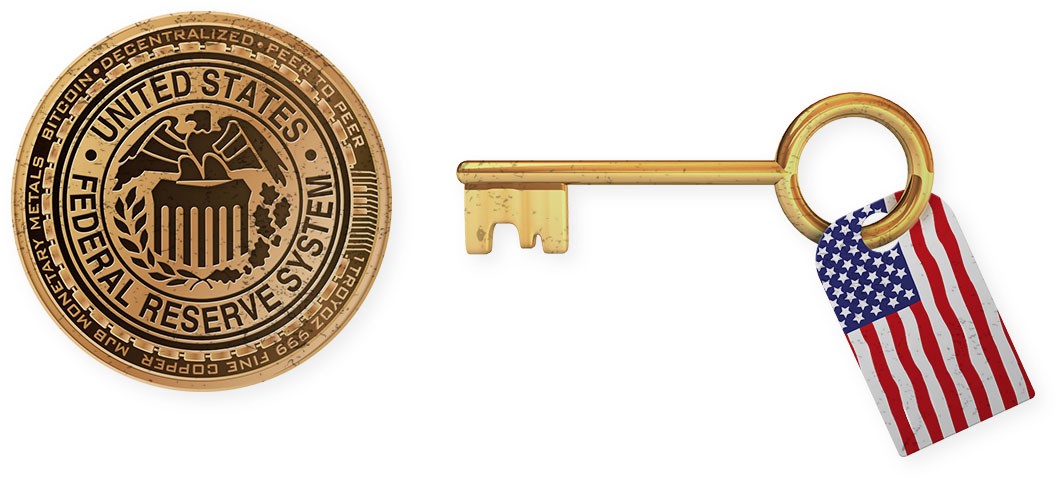PALO ALTO, Calif. (Reuters) - The Federal Reserve is looking at a broad variety of problems around digital payments and currencies, consisting of policy, design and legal factors to consider around possibly issuing its own digital currency, Governor Lael Brainard said on Wednesday. Brainard's remarks recommend more openness to the possibility of a Fed-issued digital coin than in the past." By changing payments, digitalization has the possible to deliver higher value and benefit at lower expense," Brainard stated at a conference on payments at the Stanford Graduate School of Service.
Main banks worldwide are disputing how to manage digital finance innovation and the dispersed ledger systems used by bitcoin, which assures near-instantaneous payment at possibly low expense. The Fed is developing its own day-and-night real-time payments and settlement service and is presently reviewing 200 comment letters submitted late in 2015 about the proposed service's style and scope, Brainard stated.
Less than two years ago Brainard told a conference in San Francisco that there is "no engaging showed requirement" for such a coin. However that was prior to the scope of Facebook's digital currency aspirations were extensively understood. Fed authorities, consisting of Brainard, have actually raised issues about consumer securities and data and personal privacy hazards that could be positioned by a currency that could enter use by the 3rd of the world's population that have Facebook accounts.

" We are collaborating with other main banks as we advance our understanding of reserve bank digital currencies," she stated. With more nations checking out issuing their own digital currencies, Brainard said, that includes to "a set of factors to also be ensuring that we are that frontier of both research and policy development." In the United States, Brainard said, issues that require research study include whether a digital currency would make the payments system safer or easier, and whether it might posture monetary stability risks, consisting of the possibility of bank runs if cash can be turned "with a single swipe" into the reserve bank's digital currency.
To counter the monetary damage from America's extraordinary national lockdown, the Federal Reserve has taken unmatched actions, including flooding the economy with dollars and investing straight in the economy. The majority of these moves got grudging approval even from many Fed skeptics, as they saw this stimulus as needed and something only the Fed might do.
My brand-new CEI report, "Government-Run Payment Systems Are Unsafe at Any Speed: The Case Against Fedcoin and FedNow," details the dangers of the Fed's existing strategies for its FedNow real-time payment system, and proposals for main bank-issued cryptocurrency that have actually been dubbed Fedcoin or the "digital dollar." In my report, I discuss issues about personal privacy, information security, currency adjustment, and crowding out private-sector competitors and development.
Advocates of FedNow and Fedcoin state the government must create a system for payments to deposit immediately, instead of motivate such systems in the economic sector by lifting regulative barriers. However as kept in mind in the paper, the economic sector is offering a seemingly unlimited supply of payment innovations and digital currencies to resolve the problemto the level it is a problemof the time gap in between when a payment is sent and when it is received in a savings account.
And the examples of private-sector development in this location are lots of. The Clearing House, a bank-held cooperative that has actually been routing interbank payments in different kinds for more than 150 years, has actually been clearing real-time payments because 2017. By the end of 2018 it was covering 50 percent of the deposit base in the U.S.